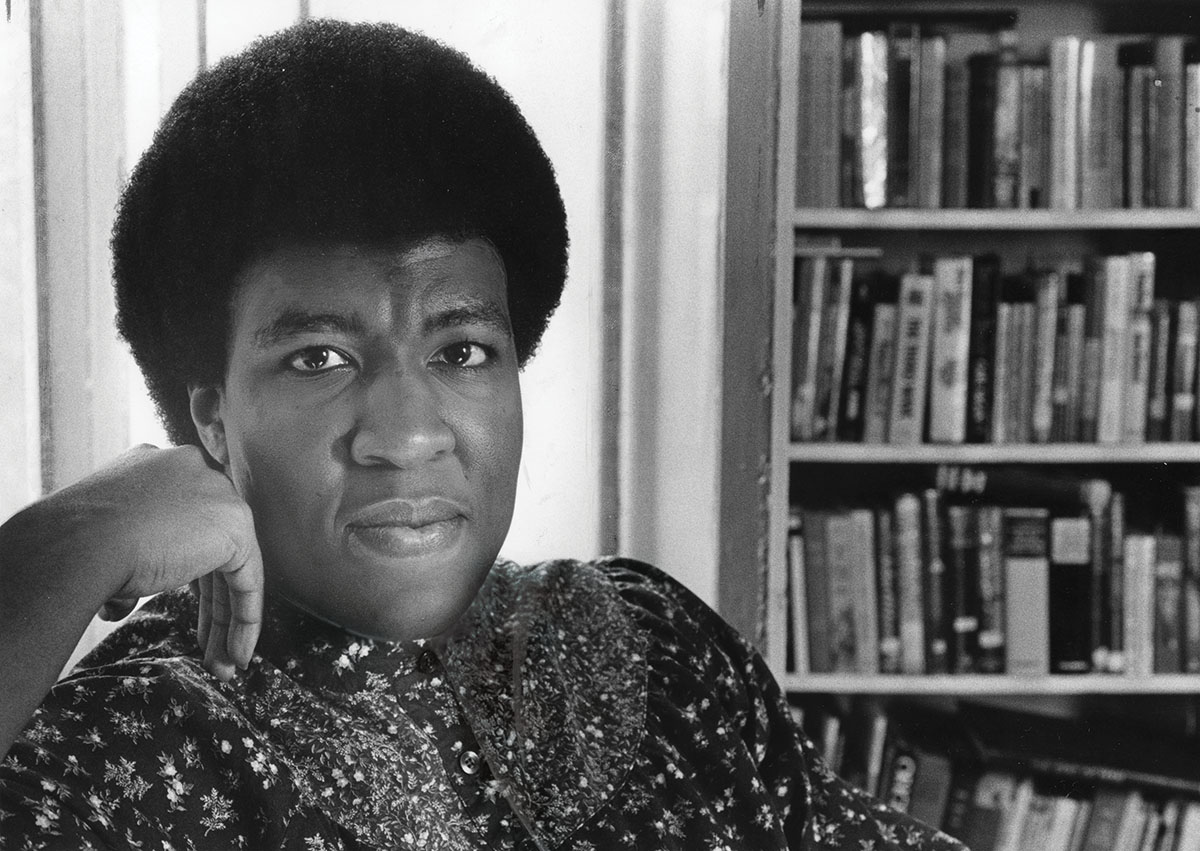"Here there was no arranging or 'inventing'; everything was spontaneous and took its own place, right or wrong."
From The Writer's Almanac 12/7/2013
It's the birthday of the woman who said: "It is a solemn and terrible thing to write a novel." That's the novelist Willa Cather, born in the village of Back Creek near Winchester, Virginia (1873). When Cather was nine years old, she and her family left their home in Virginia to homestead in Nebraska, and the Nebraska prairie is the setting of her great novels O Pioneers! (1913) and My Àntonia (1918).

But Cather's productive years as a writer were spent not in Nebraska but in New York City. She moved there in 1906 when she was offered a job as managing editor at McClure's magazine. She lived with Edith Lewis in a studio apartment at 60 Washington Square South, in a red-brick row house, on a block called "Genius Row" because over the years its tenants included Stephen Crane, Frank Norris, O. Henry, Eugene O'Neill, Theodore Dreiser, and John Dos Passos. Despite living in the midst of it, Cather seems to have stayed at the periphery of the Bohemian community of Greenwich Village.
Willa Cather worked at McClure's for five years, but it was stressful work, and she was not writing much of her own fiction. In December of 1908, she got a letter from her mentor, the writer Sarah Orne Jewett. Jewett wrote: "My dear Willa, — I have been thinking about you and hoping that things are going well. I cannot help saying what I think about your writing and its being hindered by such incessant, important, responsible work as you have in your hands now. I do think that it is impossible for you to work so hard and yet have your gifts mature as they should — when one's first working power has spent itself nothing ever brings it back just the same, and I do wish in my heart that the force of this very year could have gone into three or four stories. [...] I want you to be surer of your backgrounds, — you have your Nebraska life, — a child's Virginia, and now an intimate knowledge of what we are pleased to call the 'Bohemia' of newspaper and magazine-office life. These are uncommon equipment, but you don't see them yet quite enough from the outside [...] You need to dream your dreams and go on to new and more shining ideals, to be aware of 'the gleam' and to follow it; your vivid, exciting companionship in the office must not be your audience, you must find your own quiet center of life, and write from that to the world that holds offices, and all society, all Bohemia; the city, the country — in short, you must write to the human heart, the great consciousness that all humanity goes to make up."
It took Cather awhile to take Jewett's advice. A couple of years later, she quit her job at McClure's, but even then she did not dig into her own background for her work. Instead, she published her first novel, Alexander's Bridge (1912), which she later admitted was a forced effort. After she published her first novel about Nebraska, O Pioneers! (1913), she knew she had found her place as a writer. She compared writing O Pioneers! to writing Alexander's Bridge: "Here there was no arranging or 'inventing'; everything was spontaneous and took its own place, right or wrong."
Cather followed up O Pioneers! with My Àntonia (1918), another novel set in the prairies of her childhood. An interviewer asked Cather if My Àntonia was so good because it was rooted in the Nebraska soil. She said: "No, no, decidedly no. There is no formula; there is no reason. It was a story of people I knew. I expressed a mood, the core of which was like a folksong, a thing Grieg could have written. That it was powerfully tied to the soil had nothing to do with it. Àntonia was tied to the soil. But I might have written the tale of a Czech baker in Chicago, and it would have been the same. It was nice to have her in the country; it was more simple to handle, but Chicago could have told the same story. It would have been smearier, joltier, noisier, less sugar and more sand, but still a story that had as its purpose the desire to express the quality of these people. No, the country has nothing to do with it; the city has nothing to do with it; nothing contributes consciously. The thing worth while is always unplanned. Any art that is a result of preconcerted plans is a dead baby."
Cather's other novels include The Song of the Lark (1915), One of Ours (1922), and Death Comes for the Archbishop (1927).
https://writersalmanac.publicradio.org/index.php%3Fdate=2013%252F12%252F07.html













